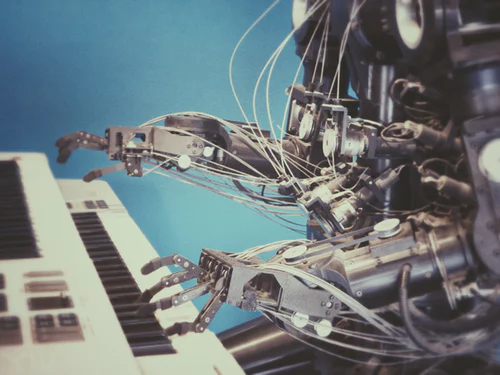
AI is again in focus! Successfully predict the effect of immunotherapy
Recently, a research team from France, with the help of artificial intelligence, discovered ways to predict the efficacy of immunotherapy and increase the chances of successful treatment. This is the first time artificial intelligence can assist in the treatment of immunotherapy by processing medical images to extract biological and clinical information. The study was published in the latest issue of The Lancet – Oncology.
Recently, with the launch of the world’s first PD-1 inhibitor, Opdivo, a new era of lung cancer immunotherapy has been launched, and immunotherapy has become a hot topic again – as a treatment that uses the body’s own immune system to fight cancer, it is cancer. A major breakthrough in the field of treatment.
However, although the effects of immunotherapy have been affirmed, industry consensus also believes that it does not apply to everyone. To date, only 15%-30% of patients are able to respond to such therapies. At the same time, there are no markers that accurately identify those who respond to anti-PD-1/PD-L1 immunotherapy.
How to use drugs on the cutting edge and find the right people is also an important issue that the medical profession has been exploring. Therefore, in the latest issue of The Lancet-Oncology , the team of Dr. Eric Deutsch from France tried to use imaging techniques to identify biological phenomena present in tumors located anywhere in the body without the need for biopsy.
Using experimental CT images from cancer patients, the researchers trained artificial intelligence to obtain an artificial intelligence platform that can accurately predict the effects of PD-1 inhibitors through CT images of patients.
According to reports, this artificial intelligence platform can distinguish the extent of patients’ response to immunotherapy, and the median survival (24.3 months) of those who are considered to be effective is higher than the median survival (11.5 months) of patients who are predicted to be ineffective. More than doubled (extended for more than a year), the effect is quite obvious. When AI encounters immunotherapy, the giants rush to taste
In fact, the reason why the drug research and development field is deeply interested in AI is mainly due to the fact that drug development is time-consuming and labor-intensive and the failure rate is high.
According to TechEmergence’s research report, artificial intelligence can increase the success rate of new drug development from 12% to 14%. This 2% growth can not be underestimated – not only can save billions of dollars for the entire biopharmaceutical industry, but also save valuable time for developers.
Undoubtedly, this has driven the pharmaceutical industry’s interest in AI, which is good at deep learning, and has been involved in trying to find learning algorithms that can help them browse a lot of information.



